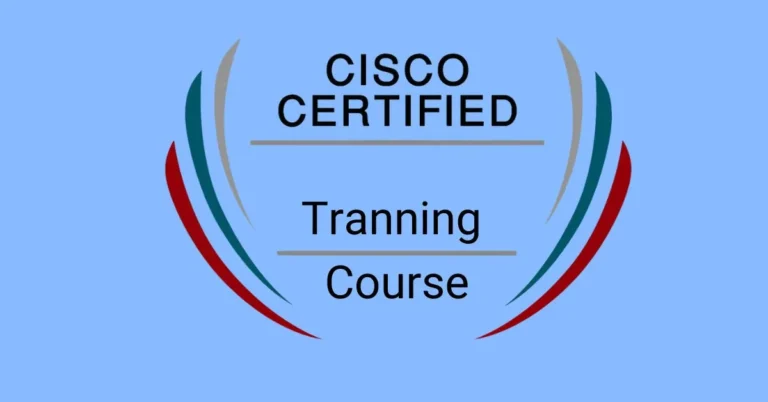Building a Strong Foundation in Mathematics Teaching: Strategies and Insights
Mathematics education is a cornerstone of academic development, serving as a key building block for critical thinking and analytical skills. The role of educators in mathematics goes beyond just imparting knowledge; they are pivotal in nurturing curiosity and fostering a love for numbers and problem-solving among students.
The Importance of a Strong Foundation
Having a strong mathematical foundation is akin to setting a solid base for a grand structure. It is essential for students not only to excel in higher education but also to navigate various aspects of everyday life. For those interested in significantly impacting this field, a career in mathematics secondary education offers a perfect avenue. This path provides aspiring educators with the tools and techniques to teach and inspire future generations effectively. Research indicates that early proficiency in math is a formidable predictor of later academic success and career achievement. The Edutopia Foundation notes that foundational math skills contribute significantly to cognitive development and problem-solving capabilities. This foundation empowers students to think logically, form sound arguments, and approach challenges with innovative solutions, skills that are invaluable beyond the classroom.
Core Strategies for Effective Math Teaching
Effective math teaching requires a blend of strategies to cater to various learning styles. Teachers can engage students and encourage active participation by incorporating interactive teaching methods such as collaborative learning and inquiry-based approaches. Visual aids like diagrams, charts, and 3D models help students grasp abstract mathematical concepts by providing concrete representations. Additionally, hands-on activities and real-world problem scenarios enable students to apply mathematical theories practically, enhancing their understanding and retention. These strategies not only clarify complex ideas but also make learning an enjoyable experience, nurturing a lifelong interest in mathematics.
Real-Life Applications in Mathematics
Mathematics is deeply woven into the fabric of everyday life, influencing various domains from simple daily tasks to complex scientific research. Illustrating these connections aids students in understanding and appreciating mathematics beyond textbooks. For instance, math is essential in budgeting and personal finance management, ensuring people can make informed economic decisions. In professional fields like architecture, math is crucial for creating precise designs and ensuring structural integrity. By demonstrating how mathematical concepts underpin real-world phenomena, educators can motivate students and help them see math as an integral, valuable skill applicable in numerous professional trajectories.
Utilizing Technology in the Classroom
Technology integration in math education has revolutionized how educators teach and students learn. Digital tools, including interactive apps, online simulations, and virtual tutors, provide unique opportunities for personalized instruction. These technologies enable students to learn independently, receive instant feedback, and explore complex concepts through interactive media. Furthermore, technology facilitates access to a wealth of educational resources, expanding the classroom beyond physical boundaries. By harnessing the power of technology, educators can create a dynamic and inclusive learning environment that accommodates diverse learner needs and styles, ultimately improving student outcomes and engagement.
Overcoming Challenges in Math Education
Math education is not without its challenges. A prevalent issue is the anxiety many students feel toward the subject, often resulting from negative experiences or misconceptions. This math anxiety can impede learning and diminish confidence. Educators can address this by incorporating supportive teaching methods and creating an encouraging classroom atmosphere. Techniques such as mindfulness exercises, positive reinforcement, and collaborative problem-solving can reduce anxiety and help students build resilience and confidence. As highlighted by a New York Times article, understanding these psychological barriers and implementing compassionate teaching practices are crucial for overcoming obstacles in math education.
Continuous Professional Development
For math educators, ongoing professional development is essential to remain effective in a rapidly advancing educational landscape. This pursuit can involve attending workshops, pursuing certification programs, and joining professional networks to exchange insights and strategies. Staying updated with the latest pedagogical trends and technological advancements ensures teachers can deliver contemporary and relevant instruction. Continuous learning enriches the educator’s skill set and inspires them to experiment with innovative teaching methodologies, ultimately benefiting their students by providing a richer, more engaging learning experience.
Future Trends in Mathematics Education
Mathematics education is evolving, with emerging trends promising to enhance teaching and learning experiences. Personalized learning, enabled by advances in artificial intelligence and machine learning, allows instruction tailored to individual student needs, fostering a more equitable educational environment. Integrating interdisciplinary projects and real-world problem-solving initiatives also helps students apply math concepts creatively. As these trends gain momentum, they are poised to transform traditional educational models, making math education more inclusive, engaging, and effective. The future of mathematics teaching lies in harnessing these innovative approaches to cultivate a generation of critical thinkers and problem solvers.







